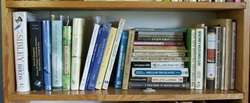 Trying to keep a lid on my enthusiasm for recommending books by theme: this time it's all about style. My mother and I used to stroll through her neighborhood when I visited. Walking and talking and discussing at the way people paint their shutters, how some people put in gardens and others let things run wild, we always looked into the windows as the daylight faded. Endlessly curious about the notion of home, she sometimes speculated about how the looks of a house might change the lives inside of it. "If I lived there," she'd say, "I'd be much neater." "Yes," I'd say. "And you'd have four perfect children." "No, I'd still have you two, but we would all be different." And that's how stories and style seem to me: the same plot goes very differently depending on the architecture and how the building is maintained. Here are a few of the more striking novel dwellings:
Self-Help is an early collection of Lorrie Moore's stories. Full disclosure: she was one of my writing teachers, and I still have a bit of a crush on her. She is so smart. So funny. She can make you laugh out loud even as she breaks your heart. Her use of second person (the "you" of self-help books) make these seem like stories shared person-to-person. If this is a house, it's a split-level ranch, and you are at the kitchen table sipping coffee from a heavy avocado-green mug while the owner confides something important and strange.
Later I found out that The Last Unicorn is a beloved underground classic, but when I was twelve, I stood in a bookshop in Rockland, Maine, and weighed it against The Worm Ouroboros. Lucky choice. I gobbled up this paperback with an uncomplicated and uncritical love, re-reading it countless times. And why not? Beagle pitches everything -- including a Lear-quoting butterfly and a magician named Schmendrick -- in beautiful, mock-high-heroic language. This book is not so much a house as a garden where you hear an old-fashioned ballad performed with perfect pitch, as, say Celia Pavey. I picked up Nocturnes for the King of Naples on a whim. I liked the cover. It was published in 1978, and I read it around the time I was also first hearing about AIDS. It's a novel about lost love told in an unwavering fever-pitch of metaphor and beautiful language. Not homey, not cozy, this house, but astonishing: "A wind said incantations and hypnotized a match flame out of someone's cupped hands. Now the flame went out and only the cigarette pulsed, each draw molding gold leaf to cheekbones." And that sprawling Victorian Gothic revival mansion behind the fence? The one that nearly lured me back to grad school at least twice? That's Possession, a novel that follows two parallel stories: a pair of modern-day English scholars and a pair of Victorian poets. The former are investigating the latter, racing against a crass American and others to discover the mystery behind the poets. Byatt created a body of work for both of the Victorians (poetry and stories and letters and diary entries galore) and the way she shifts between the modern and the Victorian has made me by turns envious, greedy, and swoony with admiration. As a reader, it's like one open-house after another, with realtors offering bowls of candy while perspective buyers stroll around and admire or not. You can even try out a stint in that stark modern minimalist place on the hill, or spend a week or so at that the lakeside cottage. For a writer, the view can be a lot more daunting. Yeah, sure, you think, I can make me a stout little log cabin, but whoa -- the Great Camp Sagamore? Um, well. But you close the book, stop blogging, and try to get some work done.
0 Comments
Leave a Reply. |
About the Blog
A lot of ground gets covered on this blog -- from sailboat racing to book suggestions to plain old piffle. FollowTrying to keep track? Follow me on Facebook or Twitter or if you use an aggregator, click the RSS option below.
Old school? Sign up for the newsletter and I'll shoot you a short e-mail when there's something new.
Archives
June 2024
Categories
All
|
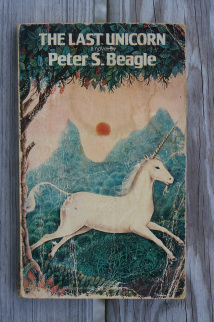
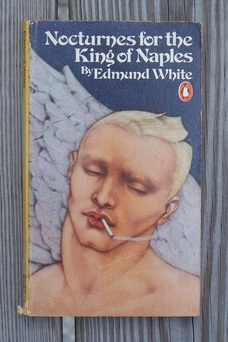
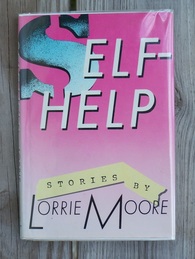
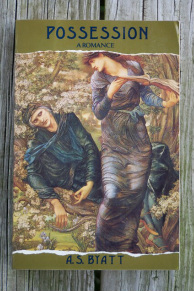
 RSS Feed
RSS Feed
